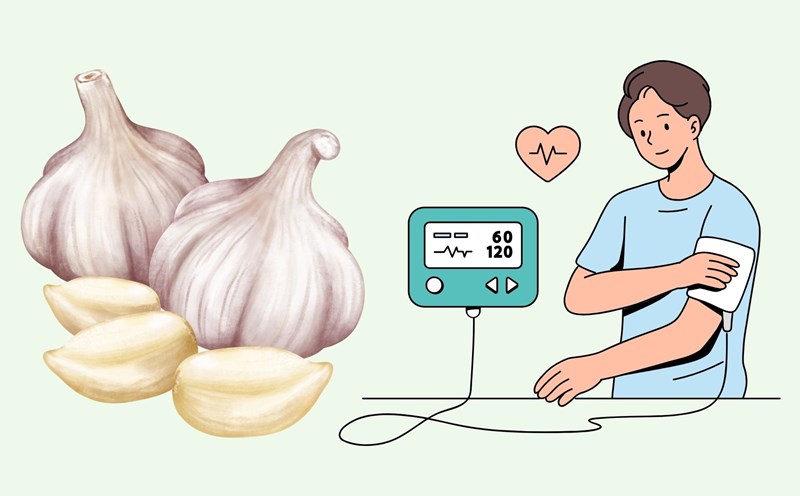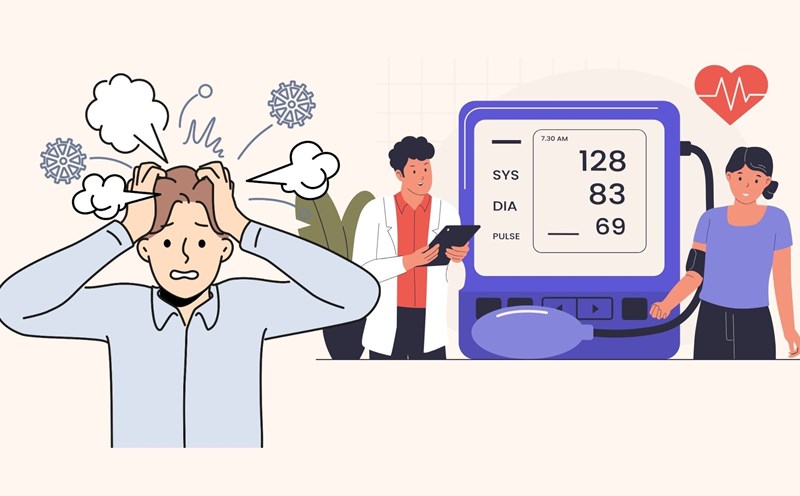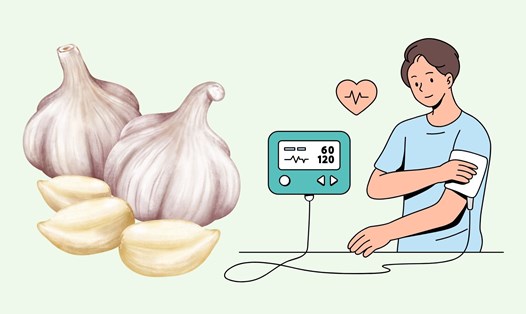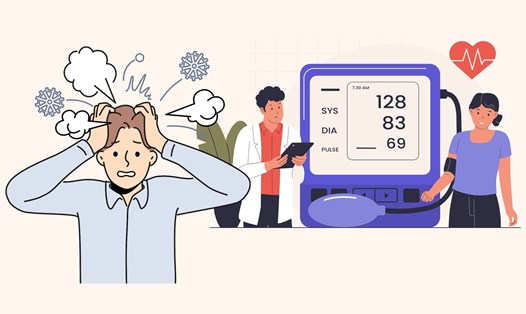The habit of eating salty foods is one of the main causes of high blood pressure. When you consume too much salt, the amount of sodium in the blood increases, causing the body to retain more water. Increased blood volume puts great pressure on the vessel walls, causing blood pressure to increase. In the long term, eating salty foods regularly can cause stiffness, reduce vascular elasticity and make hypertension chronic and uncontrollable.
Research shows that Vietnamese people consume an average of 9.4g of salt/day, nearly double the 5g/day recommended by the World Health Organization. About 70% of sodium comes from salt, fish sauce, and soup powder in daily meals.
Familiar dishes such as stewed food, sour soup, pickled melon, shrimp paste... all contain high salt content. The habit of seasoning and using more dipping sauce when eating is even more likely to cause the amount of salt entering the body to be far beyond control. In addition, processed foods and fast foods rich in salt also contribute to increasing the rate of high blood pressure in Vietnam.
Taking too much sodium causes a series of negative effects:
Staying hydrated increases blood volume and puts more pressure on the vessel walls.
stimulating the sympathetic nervous system increases vasoconstriction, increasing heart rate.
Damages endothelial vessel tissue, reducing the ability to naturally dilate blood vessels.
Over time, machlar walls are prone to stiffness, reduced elasticity, causing chronic high blood pressure and increasing the risk of cardiovascular complications and strokes.
Reducing the amount of salt in your diet not only helps prevent high blood pressure but also protects your heart, kidneys and blood vessel health. This is a simple but effective measure for people to proactively prevent diseases right from their daily meals.











